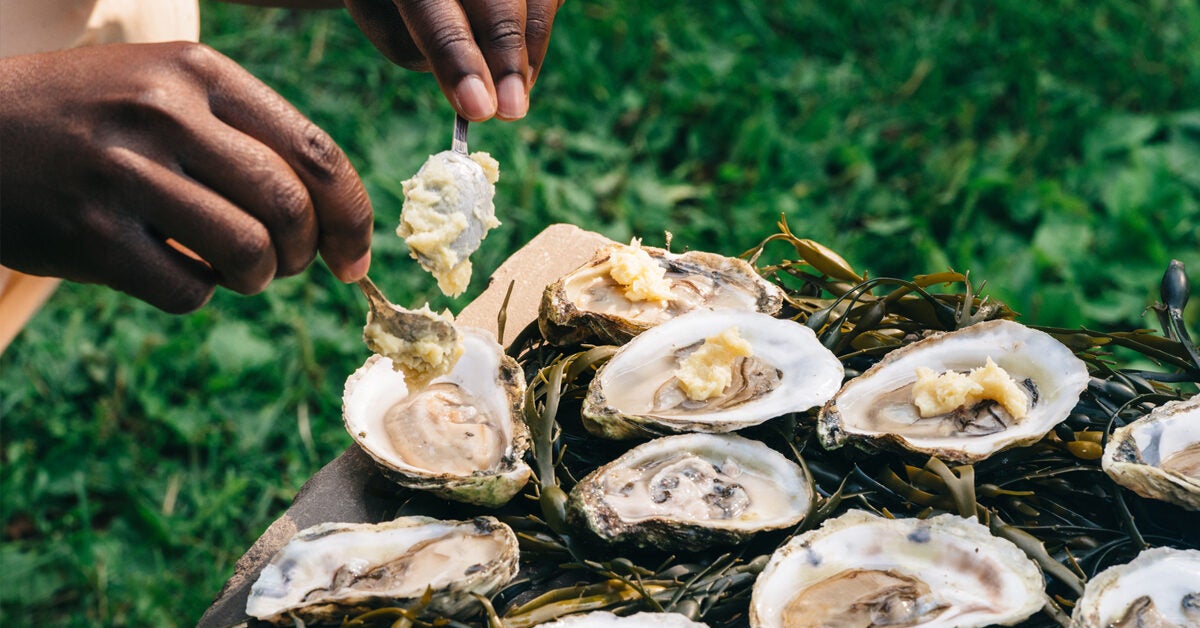There are many different types of food poisoning and food borne infections. The most common are caused by bacteria, but there are also those caused by viruses, parasites, and toxins. Symptoms can range from mild to severe, and in some cases can even be deadly.
Treatment depends on the type of food poisoning or infection, but often includes rest, hydration, and antibiotics. Prevention is the best way to avoid getting sick, and means being careful when handling and preparing food.
Food poisoning and food borne infections are serious health concerns. Each year, there are millions of cases of food poisoning and thousands of deaths from these illnesses. There are many different types of bacteria and viruses that can cause these illnesses, and they can be found in all kinds of food.
Most often, food poisoning occurs when food is not cooked properly or is left out at room temperature for too long. Bacteria thrive in warm, moist environments, so it’s important to keep hot foods hot and cold foods cold. Foodborne illness can also occur when people don’t wash their hands properly after using the bathroom or handling Raw meat can also contaminate other foods if it’s not cooked properly.
There are many symptoms of food poisoning, including nausea, vomiting, diarrhea, abdominal pain, cramping, fever, and chills. If you experience any of these symptoms after eating contaminated food, seek medical attention immediately. In some cases, foodborne illness can lead to serious complications like dehydration or even death.
To avoid getting sick from contaminated food, always cook your food thoroughly (especially meat), wash your hands regularly (especially before handlingfood), avoid cross contamination by keeping raw meat separate from other foods ,and refrigerate leftovers promptly . If you’re ever in doubt about whether a particular food is safe to eat , err on the side of caution and throw it away .
Table of Contents
Food Poisoning & Foodborne Illness | Symptoms and High-Risk Foods | iHASCO
What is the Difference between Food Poisoning And Food Borne Infection?
Most people use the terms “food poisoning” and “foodborne illness” interchangeably, but there is a difference between the two. Foodborne illness, also called foodborne disease, is any illness that results from eating contaminated food. It can be caused by bacteria, viruses, toxins or chemicals in the food.
Food poisoning, on the other hand, is a specific type of foodborne illness that occurs when you eat food that has been contaminated with bacteria. The symptoms of food poisoning are usually more severe than those of a general stomach bug and can include vomiting, diarrhea and abdominal pain. In some cases, food poisoning can even lead to death.
Is Food Poisoning a Food Borne Disease?
There is a lot of confusion about food poisoning and foodborne diseases. Many people think that they are the same thing, but they are actually two different things. Foodborne disease is caused by consuming contaminated food.
The contaminants can be bacteria, viruses, parasites, or toxins. Food poisoning, on the other hand, is caused by eating food that has been contaminated with chemicals or other substances that are poisonous. Most cases of food poisoning are not serious and will go away on their own within a few days.
However, some cases can be more severe, especially if the person has a weakened immune system. In rare cases, food poisoning can even be fatal. If you think you have food poisoning, it’s important to see a doctor right away so you can get treated and avoid any complications.
What is Food Borne Infection?
Foodborne infection is an infection that is acquired by eating contaminated food. Food can become contaminated with bacteria, viruses, or parasites that can cause illness. Infection occurs when these organisms enter the body and multiply, resulting in symptoms of disease.
Foodborne infections are a leading cause of illness and death worldwide. The most common symptoms of foodborne infection are diarrhea, vomiting, and abdominal cramps. In severe cases, foodborne infections can lead to life-threatening conditions such as sepsis (blood poisoning) or meningitis (inflammation of the brain).
Early diagnosis and treatment of foodborne infections is critical to preventing serious health complications.
What Type of Infection is Food Poisoning?
Food poisoning is a general term that refers to any illness caused by consuming contaminated food. Contamination can occur at any point during the food production process, from growing and harvesting to storage, transportation, and preparation. Foods can be contaminated with bacteria, viruses, toxins, or chemicals.
Most cases of food poisoning are mild and resolve on their own within a few days. However, some types of food poisoning can lead to serious illness or even death. Symptoms of food poisoning vary depending on the type of contaminant involved but may include nausea, vomiting, diarrhea, abdominal pain, fever, and dehydration.
If you think you have food poisoning, it is important to see a healthcare provider as soon as possible so that they can determine the cause and provide appropriate treatment. In some cases (such as when chemical contamination is suspected), prompt medical attention is essential to avoid serious health consequences.

Credit: www.healthline.com
Conclusion
Food poisoning and food borne infections are serious health threats. Each year, they sicken millions of people and cause thousands of deaths. These illnesses can be caused by bacteria, viruses, or toxins.
They can occur when food is contaminated during production, preparation, or cooking. They can also happen when people don’t wash their hands after using the bathroom or handling raw meat. Food poisoning symptoms include nausea, vomiting, diarrhea, and abdominal pain.
Some infections can also cause fever and chills. If you think you have food poisoning or a food borne infection, see your doctor immediately.
